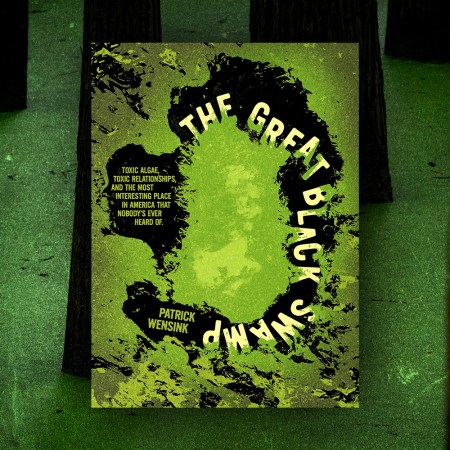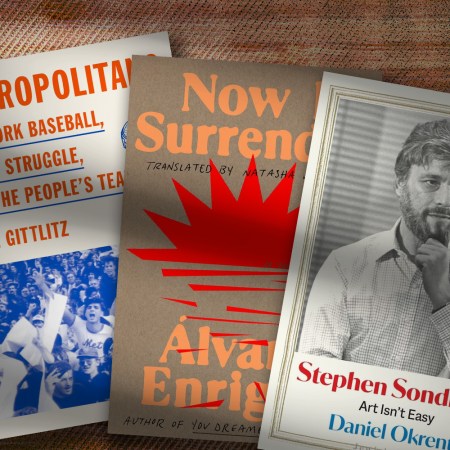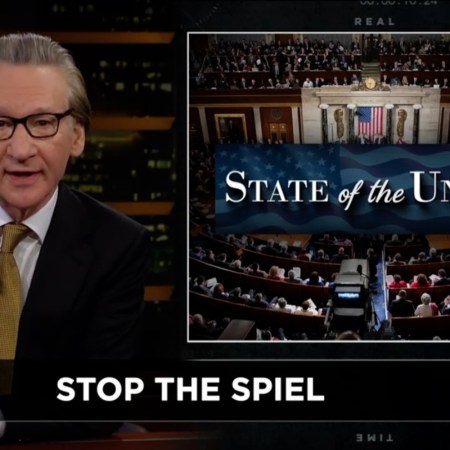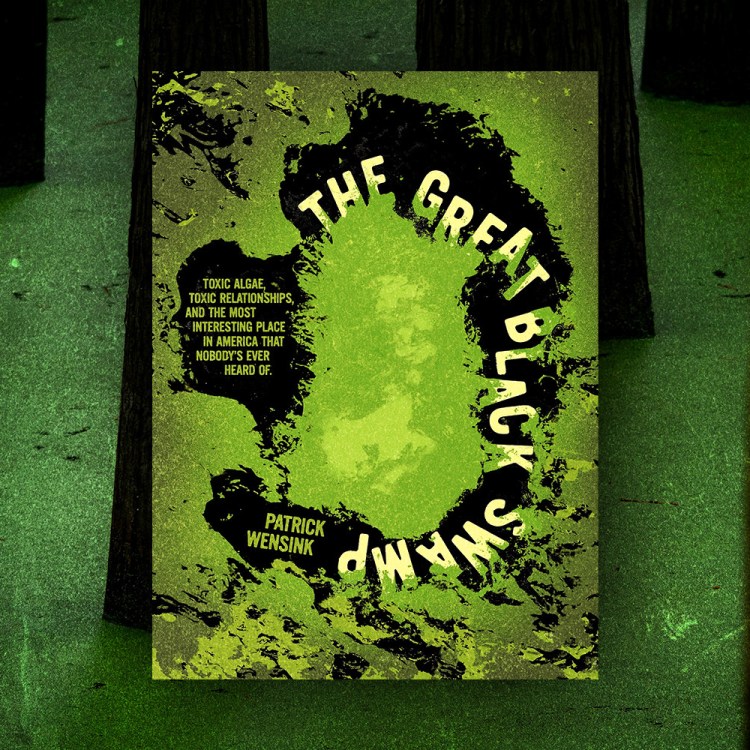Let’s take a moment and discuss this list of books recommended for building the “Definitive Men’s Library.”
Read the suggested books and you will, at the close, be a smarter, better person. It includes many of our personal favorites, including Karl Marlantes’s Matterhorn and Michael Herr’s Dispatches (though not, while we are talking about small masterpieces from the Vietnam War, Tim O’Brien’s The Things They Carried). Ernest Hemingway, James Salter, J.D. Salinger: present and accounted for (in Hemingway’s case, twice, with For Whom the Bell Tolls and The Sun Also Rises.) A pair of classic Russians (Tolstoy, Dostoyevsky), Jack London and Mark Twain, and the one about f*cking the 12-year-old girl.
In the section devoted to fiction, to which we restrict our attention today, we have 45 titles. Harper Lee is the only female author among them, probably because the list-writer is convinced that the credit really belongs to Truman Capote. And that, really, is the problem. If the list had been limited to male writers — “The Best Books by Male Writers for a Man’s Library,” e.g. — fine. But to compile a single one without that addendum suggests to us an unfortunate truth: no female writers unless they are really, really, really good — you know, just about (almost! so close!) as good as the guys.
Now, who knows? Maybe this is just trolling. Maybe the writer decided to hit female writers when they were down, preoccupied with having to determine which adjectives best describe the sensation of being grabbed in the p*ssy by their new president: “Is it ‘shocking’? Is it more like ‘nauseating’? ‘Unwarranted’? ‘Disgusting’? ‘Revolting’? If only I were a man and blessed with his innate ability to describe!“
Maybe women can’t write muscular prose. Maybe women just can’t write, what with being too busy with SoulCycle and getting blow-outs and strategically supplying blow jobs to whichever marriage prospect looks most financially promising. There’s a reason female writers have hidden behind male aliases, whether in 19th century France (“What a brave man she was,” said Ivan Turgenev about George Sand, née Amantine Lucile Dupin) or as a result of fears of 21st-century Gamergate doxxing. Also: male writers earn more.
Lots of men think women have little to say worth hearing — and little to write worth reading. This is the state of the world. Pretending otherwise is inefficient. It is only slightly more true at Gear Patrol (penners of the list in question) than it is in the most rarefied editorial spaces in the world: according to the women’s advocacy group VIDA, the London Review of Books assigns about 20 percent of its reviews to female critics. Coincidentally, about 20 percent of the journal’s reviews examine the work of female writers. (Fascinating mathematical parallel, there.) They may hold up half the sky, to quote our least favorite #womensmarch sign, and women may buy more books than men, but people who matter — from the editors of the LRB to the writer of the Gear Patrol list — value them primarily as consumers and buyers, not artists.
Put the politics aside, because they are wearying. Forget reading books by women because it’s the right thing to do. If we read to seek deeper truths, how f*cking stupid do you have to be to think women have none to offer — except in the case of Harper Lee because everyone knows Truman Capote really wrote Mockingbird? Forget morality, or societal niceties, as well: there is no utility in disregarding the ideas of just over half of the world’s population. If female authors suffer a paucity of visibility, representation, institutional support or credibility, it is not because they lack artistry or ambition.
It is because they lack advocates.
An enterprising man would see through that like a scrim, and would seek out those underseen, undervalued and under-read truths. And he would have an advantage over his short-sighted rivals. In attaining this advantage, he does no one a favor but himself, and those he enriches by achieving it. Karen Blixen is dead: she doesn’t care if you read Out of Africa or not. Your life will be better if you do. Hers won’t. She’ll still be dead.
If you want to begin to understand adventure, read Beryl Markham’s West With the Night.
If you want to begin to understand oppression, read Anne Frank.
If you want to begin to understand family, read Tove Jansson’s The Summer Book.
If you want to begin to understand revolution, read Angela Davis: An Autobiography.
If you want to begin to understand convention, read Simone de Beauvoir.
If you want to begin to understand love, read Elizabeth Bishop.
If you want to begin to understand 2016, read Chimamanda Ngozi Adichie.
If you want to begin to understand 2016, read Audre Lorde.
If you want to begin to understand New York, read Edith Wharton.
If you want to begin to understand the Middle East, read Marjane Satrapi’s Persepolis.
If you want to begin to understand race, read Zadie Smith.
If you want to begin to understand loss, read Joan Didion’s The Year of Magical Thinking.
If you want to begin to understand time, read Virginia Woolf’s Mrs. Dalloway.
If you want to begin to understand magic, read J.K. Rowling.
Or don’t. Your loss.
This article appeared in an InsideHook newsletter. Sign up for free to get more on travel, wellness, style, drinking, and culture.
























